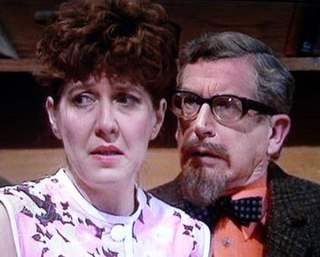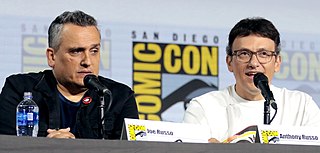A Quote by Blake Butler
When I was a kid my primary goal in life was to find a book that was alive. Not alive in the human sense, but like a thing that would send me to a place not otherwise accessible on Earth. This book should have hidden words encrypted beneath the printed ones, so that if I worked hard enough and discovered the code I would somehow end up inside the book, or the book would take on a body and consume me, revealing a secret set of rooms behind the wall in my bedroom, for instance, inside which anything could be.
Quote Topics
Accessible
Alive
Anything
Bedroom
Behind
Beneath
Body
Book
Code
Consume
Could
Discovered
Earth
End
Enough
Find
Goal
Hard
Hidden
Human
Inside
Instance
Kid
Life
Like
Me
Otherwise
Place
Primary
Printed
Revealing
Rooms
Secret
Send
Sense
Set
Should
Should Have
Somehow
Take
Thing
Up
Wall
Which
Words
Worked
Would
Related Quotes
The challenge is always to find the good place to end the book. The rule I follow with myself is that every book should end where the next book would logically begin. I know that some readers wish that literally all of the threads would be neatly tied off and snipped, but life just doesn't work that way.
My parents would frisk me before family events. Before weddings, funerals, bar mitzvahs, and what have you. Because if they didn't, then the book would be hidden inside some pocket or other and as soon as whatever it was got under way I'd be found in a corner. That was who I was...that was what I did. I was the kid with the book.
I hadn't had a book in my hands for four months, and the mere idea of a book where I could see words printed one after another, lines, pages, leaves, a book in which I could pursue new, different, fresh thoughts to divert me, could take them into my brain, had something both intoxicating and stupefying about it.
There's a part of me with every book that thinks, What would it have meant for me tohave had this book when I was a kid? I decided to create a book for girls like me. The Littlest Bigfoot is about bullying and body image and girls who don't fit in. It's like training wheels for my adult books - like Sex and the City, but with 12-year-olds.
I think, for me, there's The Book I Should Write and The Book I Wanted to Write - and they weren't the same book. The Book I Should Write should be realistic, since I studied English Lit. It should be cultural. It should reflect where I am today. The Book I Wanted to Write would probably include flying women, magic, and all of that.
Question four: What book would you give to every child? Answer: I wouldn't give them a book. Books are part of the problem: this strange belief that a tree has nothing to say until it is murdered, its flesh pulped, and then (human) people stain this flesh with words. I would take children outside and put them face to face with chipmunks, dragonflies, tadpoles, hummingbirds, stones, rivers, trees, crawdads. That said, if you're going to force me to give them a book, it would be The Wind In The Willows, which I hope would remind them to go outside.
If we might reverently imagine ourselves scheming beforehand what kind of book the Book of God ought to be, how different would it be from the actual Bible! There would be as many Bibles as there are souls, and they would differ as widely. But in one thing, amid all their differences, they would probably agree: they would lack the variety, both in form and substance, of the Holy Book which the Church of God places in the hands of her children.
We're at a point nowhere it has to change. We have characters that are not alive that are alive in the book. We have characters that never appeared in the book. We have a lot of events that didn't quite happen the same way in the book. But there's so much in the book, stuff we've passed in the timeline that I really thought was awesome, that I really wanted to get to.
I appreciate your giving my book -- and in no small way, me -- a chance. To thank you, I really wanted to acknowledge all of you in the book. Unfortunately, I didn't have enough room for each name. So I've put in a code name that stands for all of you reading this book. The name is 'Mom.' It will be our little secret. So when you see 'Mom' in the acknowledgments, you'll know I'm really talking about you. And don't let my mother try to tell you otherwise.





































